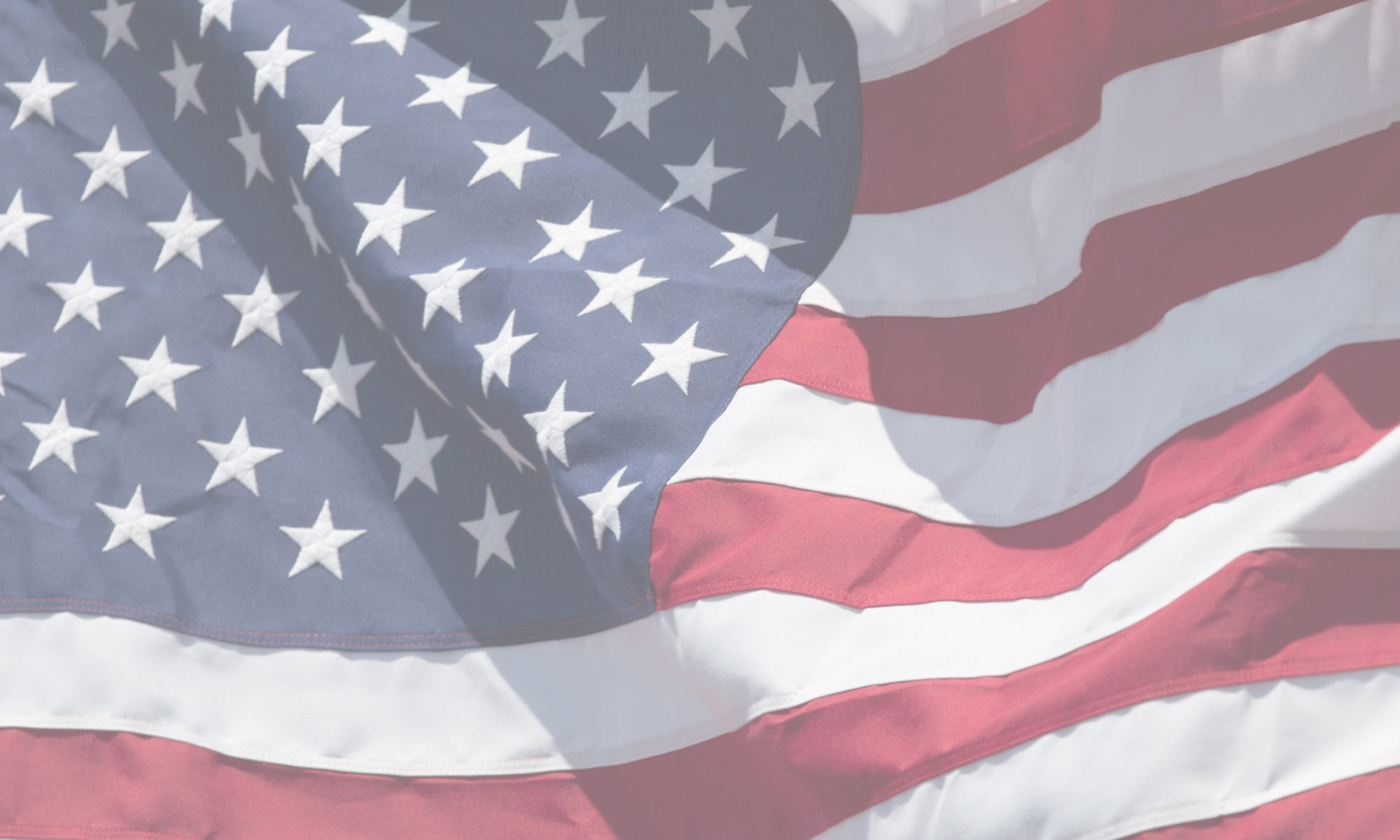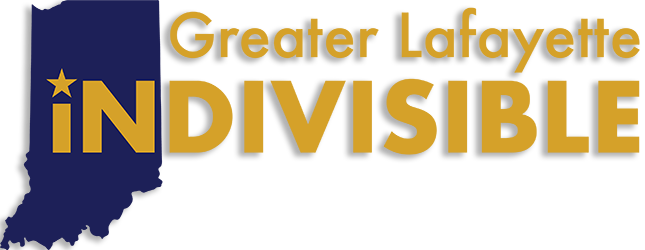According to the GOP, 95.5% of Americans are poverty-stricken, including, probably, you:
‘On Thursday, House Republicans issued a fact sheet about their new tax cut plan that referred to Americans earning $450,000 a year as “low- and middle-income”—even though that income level would put those taxpayers in the top 0.5 percent of all individual Americans.’
http://www.newsweek.com/tax-cuts-republicans-middle-class-trump-701094
If you’re confused about what Cambridge Analytica and Facebook did, read this:
FB User [hereinafter “FBU”] clicked a “like” on a celebrity or product or meme. Overandoverandover. So many ppl.
In the meantime researchers at Stanford and Cambridge had developed a personality modelling system that assessed certain character traits, with the acronym OCEAN. They then ran the myPersonality app which, if FBU took the quiz accessed FB data about FBU and their “friend” network. *That* gave the researchers the ability to cross-reference the numeric OCEAN scores with “likes” which gave them a way to build correlations between the two sets of data. Studying those correlations open the way to make pretty damn good guesses about FBUs’s personalities using only ‘likes’, no quiz necessary.
CA got wind of all this and asked the researchers if they could use the models developed in this work. Stanford/Cambridge said no. So CA went to Aleksandr Kogan, also of Cambridge, who while not part of the research team, knew about their work. Kogan developed an app called “thisisyourdigitallife” which was very similar to myPersonality and *that’s* the app that scraped data from the 50m+ FBUs. 30m of those profiles scraped had enough info to generate personality profiles. Of *those*, 270K authorised Kogan to use their data, being told it would be used for always please to call it research. He’s the guy who worked with CA.
CA then used this data and model to ‘exploit the private social media activity of a huge swath of the American electorate, developing techniques that underpinned its work on President Trump’s campaign in 2016.’
CA was also experimenting with dog whistles like “drain the swamp” and “build the wall” as early as 2014.
http://www.businessinsider.com/cambridge-analytica-trump-russia-ties-2018-3
APRIL 9 is the last day to register to vote in the primaries in Indiana:
Go here to check your registration, register to vote, find polling places: https://indianavoters.in.gov/?gclid=EAIaIQobChMI_aOg6N2F2gIV3ouzCh2upwxuEAAYASAAEgL_mvD_BwE
Remember, a concerted effort has been made to purge voters from the rolls, and many purges were in error.
The Trump administration’s tariffs, part of the allegedly making America great again agenda, have not only spooked the stock market, but have raised real concerns for Indiana agriculture and manufacturing industries:
‘“But Indiana is also a leading manufacturing state,” he added. “In fact, one of four jobs in Indiana is in manufacturing related to transportation. These companies include GM, Honda, Subaru, Toyota, Rolls Royce and Cummins engines, Wabash National, and the recreational vehicle industry. Indiana is also a leading producer and manufacturer of automobile and truck parts. All these companies plus others, such as Caterpillar, are heavy users of aluminum and steel.”
Higher prices for aluminum and steel would increase costs for those companies, likely leading to reduced sales – and with reduced sales, jobs would be lost, according to Tyner….
‘China is a major importer of U.S. soybeans with 62 percent of total U.S. exports destined for China. A Chinese tariff would clearly have adverse on Indiana farmers, who are major soybean producers. Other possible targets would be automobiles made in the U.S., which would deepen the problems for Indiana automobile producers.”
As a major manufacturing state, Indiana could be vulnerable in a trade war.
“It turns out that Indiana has four of the top 10 exporting communities in the entire U.S. – Columbus, Elkhart, Kokomo, and Lafayette,” Tyner noted. “Retaliatory tariffs could affect any or all of these communities.”
https://www.purdue.edu/newsroom/releases/2018/Q1/tyner-tariffs-would-have-significant-impact-throughout-indiana-economy.html

